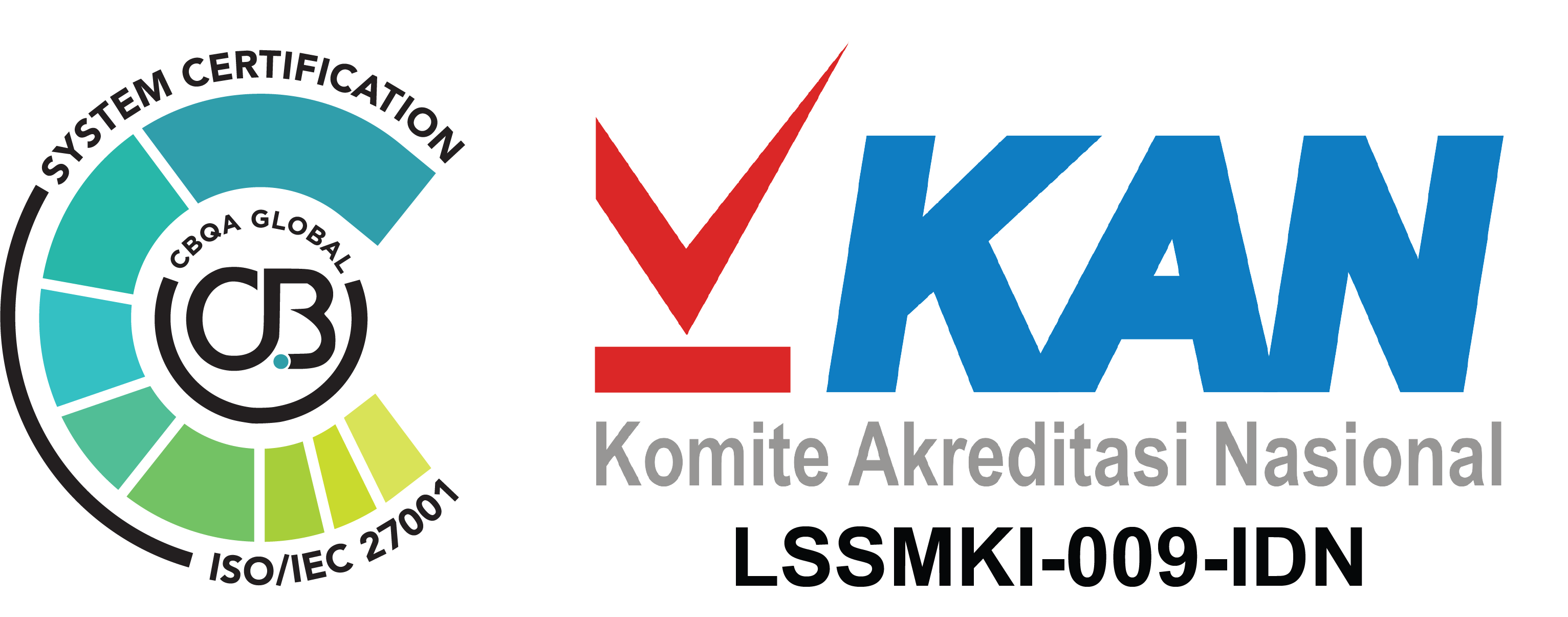-GOVERNMENT BONDS-
Trade Balance Surplus Encourages SBN Strengthening. Most Government Securities (SBN) recorded lower yields, with the 10-year benchmark SUN FR0082 down 4.3 bps. Meanwhile, the 1-year tenor SUN dropped the deepest to the level of 3.37%. Meanwhile, the lowest yield decline occurred in the long 30-year tenor, which recorded a drop of 0.2 bps. A number of market players responded positively to the release of domestic economic data. Yesterday, the Central Statistics Agency (BPS) released data on exports and imports for September 2020. The export value was recorded at USD 14.01 billion or decreased by 0.51% compared to September 2019. Meanwhile, imports in September 2020 were recorded at USD 11.57 billion or decreased. 18.88%. With export calculations still high, the September trade balance saw a surplus of USD 2.44 billion. This surplus has made Indonesia’s trade balance record a surplus in the last 5 months. This figure also affects the current account position, which has been in deficit for almost a decade.
-CORPORATE BONDS-
Corporate Debt Securities Emissions Reach IDR 128 Trillion. The Indonesian Securities Rating Agency (Pefindo) estimates that the issuance of corporate debt securities in 2021 could reach IDR128 trillion, amid possible pandemic risk. Meanwhile, the timing of the distribution of the Covid-19 vaccine is one of Pefindo’s references in projecting the value of corporate bond issuance next year. The scenario is optimistic with estimates that the vaccine can be distributed in January, moderate when the vaccine is distributed in April, and pessimistic if the new vaccine will be delivered in August 2021. Meanwhile, the timing of the distribution of the vaccine can affect the level of public risk when allocating funds owned both for investment and consumption. . In addition, from the company side, it will also affect the company’s cash flow and funding objectives. Furthermore, the omnibus law which was recently passed is also considered to be able to boost sentiment in the corporate debt market in the future, both foreign and domestic. Interest rates, which are expected to remain at their lowest level in 2021, will also add to the strength of the corporate bond market. This is because low interest rates will lower the cost of funds for all financial instruments. Furthermore, this will have an impact on the decline in yield and spread of corporate debt securities. (Bisnis Indonesia)
-MACROECONOMY-
Indonesia’s exports in September increased by 6.97%. Indonesia’s export performance in September 2020 increased. The Central Bureau of Statistics (BPS) noted that exports in the last month amounted to USD 14.01 billion or increased by 6.97% MoM. Head of BPS Suhariyanto said, the increase in export performance in September 2020 was due to an increase in oil and gas (oil and gas) exports by 17.42% mom and an increase in non-oil and gas exports by 6.47% MoM. When compared to the export performance in September 2019 which amounted to USD 14.08 billion, export performance is still experiencing a decline. However, the decline was only slight, at 0.57% YoY. Indonesia’s export position in September 2020 was close to last September’s position. (Kontan)
-RECOMMENDATION-
Positive Trade Balance Sentiment, supports the weekend market. This has become a further sentiment on this Friday (16/10) trading. On the other hand, the lack of clarity on the provision of US stimulus is the driving force behind the strengthening of the rupiah. Investors remain on the lookout for developments in US stimulus, and Biden’s potential election win is seen as a currency bearish event. Yesterday, the rupiah exchange rate closed up 0.19% at IDR 14,690 / USD on the spot market. Meanwhile, BI’s middle rate strengthened 0.14% to IDR 14,760 / USD. Investors can start looking at the FR0086, FR0087, FR0080, FR0083, and FR0076, which are the series that will be offered at the SUN auction next week.

